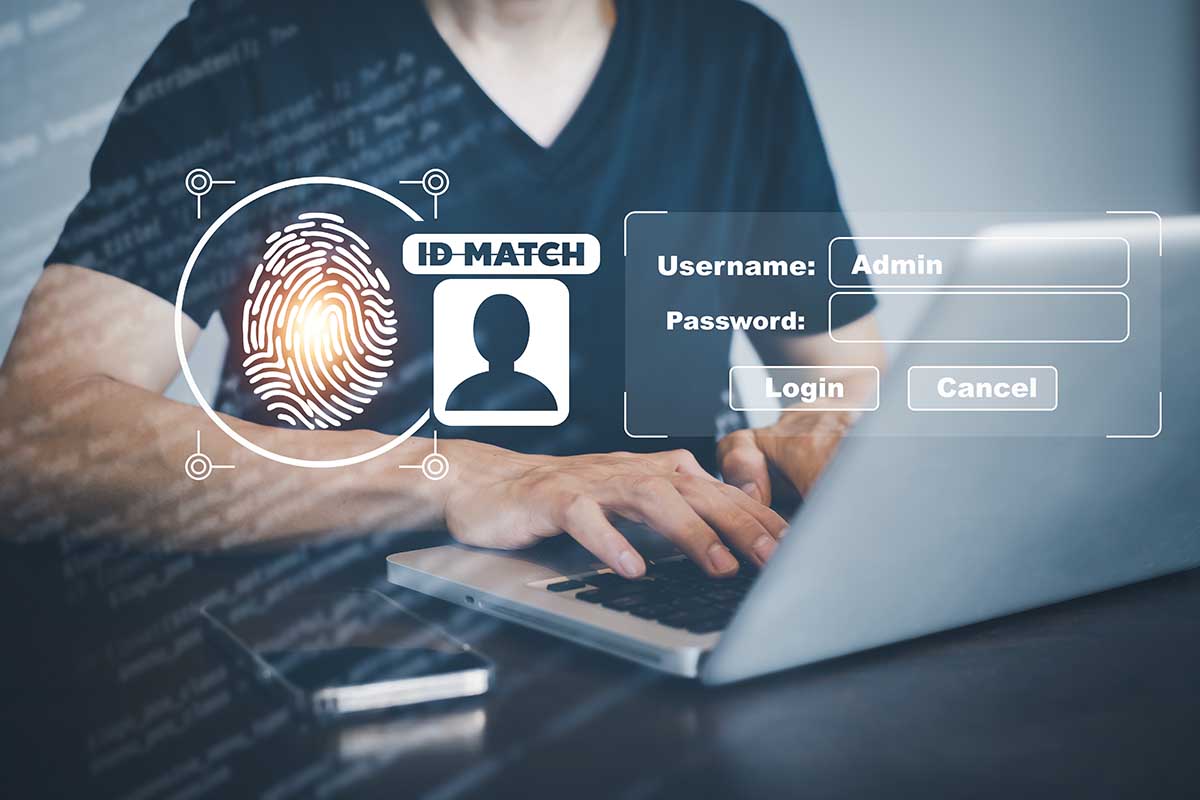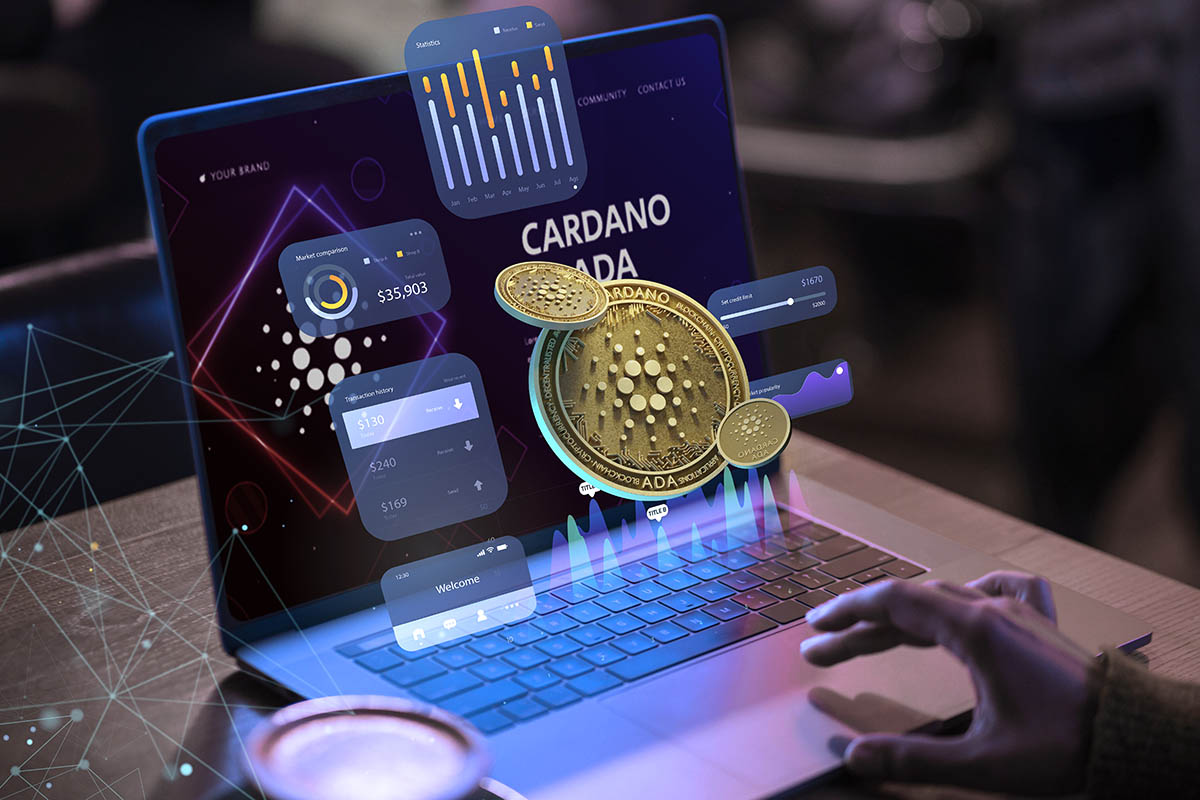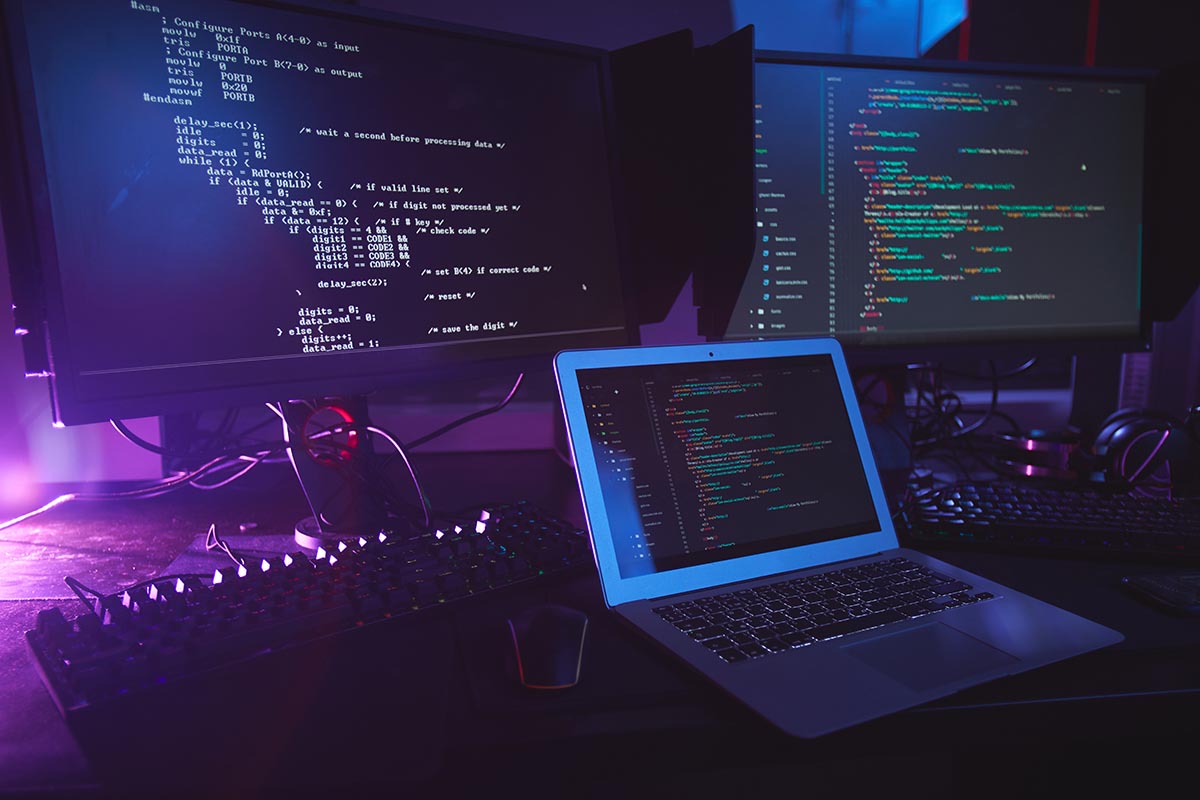In today’s digital age, it’s not uncommon for individuals to have a significant online presence. From social media profiles to online shopping accounts, there is a vast amount of personal information available on the internet.
This abundance of information can be both a blessing and a curse, as it provides numerous opportunities for individuals to connect, communicate, and share their lives with others, but it also raises serious concerns regarding privacy and personal information.
The internet has become an integral part of daily life, and with it comes the need to be mindful of what personal information is being shared and who has access to it. The amount of personal information that is readily available online is staggering, and the thought of it falling into the wrong hands is a real and valid concern for many individuals. In light of these concerns, it’s important to understand just how much of your personal information can be controlled on the internet.
Types of Personal Information on the Internet
The internet has become a vast repository of information, including personal information. Personal information on the internet can come from a variety of sources such as social media profiles, online shopping and banking records, and even public records.
This information can include things like your name, address, phone number, email address, and even your credit card information. Other sensitive information, such as medical records and criminal records, may also be available online, depending on the source.
This information can be used by individuals, organizations, and governments for a variety of purposes. For example, employers may use information from your online profiles to make hiring decisions, advertisers may use your online shopping habits to target advertisements, and governments may use your personal information for surveillance purposes.
It is important to be aware of the types of personal information that are available on the internet and to understand how this information can be used. This understanding can help you make informed decisions about the information you share and how you manage your privacy online.
Controlling Personal Information on the Internet
When it comes to controlling personal information on the internet, there are several options available to individuals. Privacy settings on social media platforms and online services can be adjusted to limit the amount of personal information that is shared. Additionally, tools such as virtual private networks (VPNs) and encrypted messaging apps can be used to enhance privacy and security.
However, it is important to note that there are limitations to controlling personal information on the internet. Information that has already been shared or publicly available may still be accessible even if privacy settings are adjusted. It is also important to be mindful of the websites and services that are used, as some may have less stringent privacy policies. Before relying on a website or service to protect your personal information, it is a good idea to do your own research or check out sites like TruthFinder review to ensure that the platform is trustworthy.
The control of personal information on the internet is a complex issue. While there are various methods and tools available to help individuals protect their privacy and personal information, there are also limitations that must be taken into consideration.
It’s important to stay informed about the latest privacy settings and tools and to regularly check and adjust your privacy settings as needed. By staying vigilant and taking the necessary steps to control your personal information, you can reduce your risk of identity theft and other privacy-related concerns.
The Importance of Monitoring Personal Information
It is crucial to stay vigilant and regularly monitor personal information on the internet. This can help you stay on top of potential privacy breaches and prevent unauthorized access to sensitive information. By monitoring your personal information, you can quickly identify and address any discrepancies, ensuring that your information remains accurate and protected.
Neglecting to monitor personal information on the internet can have serious consequences. Personal information can be used for identity theft, fraud, and other malicious purposes. Additionally, sensitive information that is not properly secured can fall into the wrong hands and cause significant harm.
Therefore, it is important to take proactive steps to monitor and control personal information on the internet. Regularly reviewing privacy settings and utilizing tools can help you stay in control of your personal information and minimize the risk of it being misused or exploited.
To sum up the information
The internet has made it easier for individuals to access and share vast amounts of personal information. However, it is crucial for individuals to take responsibility for protecting their personal information online. Controlling personal information on the internet involves understanding the types of information available, utilizing privacy settings and tools, and regularly monitoring the information that is available about them.
By being proactive in monitoring and controlling personal information, individuals can reduce the risk of identity theft, fraud, and other privacy-related issues. It is essential to prioritize privacy and security in today’s digital age and to understand the importance of taking control of personal information on the internet. The final thoughts on the role of individual responsibility in protecting personal information online emphasize the need for individuals to be diligent in monitoring and controlling their personal information online, as it can have long-term consequences for their privacy and security.




















